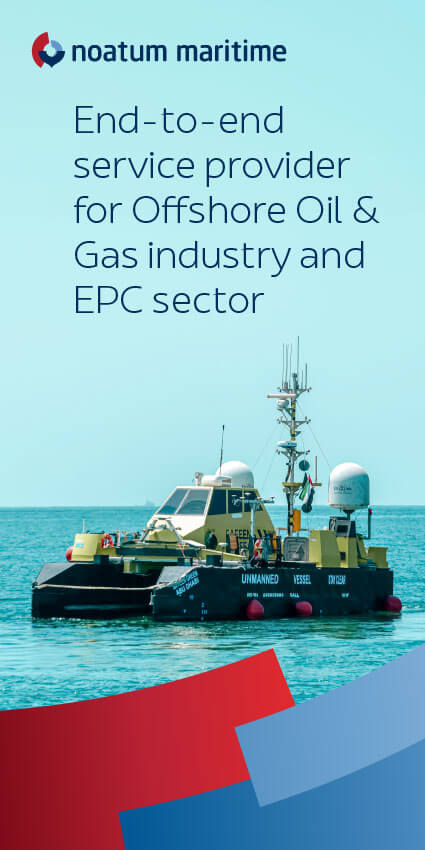Under the Global Decarbonisation Accelerator (GDA) announced at COP28, 50 companies, representing more than 40% of global oil production, have signed the Oil and Gas Decarbonization Charter (OGDC), committing to near-zero upstream methane emissions, ending routine flaring by 2030, and total net-zero operations by 2050 at the latest
National Oil Companies (NOCs) represent more than 60% of signatories - the largest-ever number of NOCs to commit to a decarbonisation initiative. They are ADNOC, Bapco Energies, Ecopetrol, EGAS, Equinor, GOGC, INPEX Corporation, KazMunaiGas, Mari Petroleum, Namcor, National Oil Company of Libya, Nilepet, NNPC, OGDC, OMV, ONGC, Pakistan Petroleum Limited (PPL), Pertamina, Petoro, Petrobras, Petroleum Development Oman, Petronas, PTTEP, Saudi Aramco, SNOC, SOCAR, Sonangol, Uzbekneftegaz, ZhenHua Oil and YPF.
IOCs signing the charter are Azule Energy, BP, Cepsa, COSMO Energy, Crescent Petroleum, Dolphin Energy Limited, Energean Oil & Gas, Eni, EQT Corporation, Exxonmobil, ITOCHU, LUKOIL, Mitsui & Co, Oando plc, Occidental Petroleum, Puma Energy (Trafigura), Repsol, Shell, TotalEnergies, and Woodside Energy Group.
Signatories agree to continue to work towards industry best practices in emission reductions and a number of key actions, including:
• Investing in the energy system of the future including renewables, low-carbon fuels and negative emissions technologies.
• Increasing transparency, including enhancing measurement, monitoring, reporting and independent verification of greenhouse gas emissions and their performance and progress in reducing emissions.
• Increasing alignment with broader industry best practices to accelerate decarbonisation of operations and aspire to implement current best practices by 2030 to collectively reduce emission intensity.
• Reducing energy poverty and providing secure and affordable energy to support the development of all economies.
In support of the third objective, more than US$1bn will be mobilised for methane abatement projects.
COP28 president Dr. Sultan Al Jaber said, “The launch of the OGDC is a great first step - and whilst many national oil companies have adopted net-zero 2050 targets for the first time, I know that they and others, can and need to do more. We need the entire industry to keep 1.5C within reach and set even stronger ambitions for decarbonisation.”
The OGDC recognises that climate change is “a collective challenge that requires strong and focused action from producers and consumers of energy, fundamental changes across society and the energy sector, as well as international collaboration, to advance the energy transition and reduce greenhouse gas emissions from oil and gas.”
The International Association of Oil and Gas Producers (IOGP), Methane Guiding Principles (MGP), Oil and Gas Climate Initiative (OGCI) and Environmental Defense Fund (EDF) have announced their intention to build a framework to share expertise to help companies reduce methane emissions and flaring in line with the OGDC ambitions. They will work closely with other organisations and associations and technical service providers, such as Ipieca, the UN Environment Programme and the World Bank’s Global Gas Flaring and Methane Reduction Partnership trust fund, to help deliver on the OGDC’s ambitions.
The group will build on existing frameworks and use existing expertise and partnerships to quickly stand up a technical support framework available to any company seeking to reduce its methane emissions and flaring. Immediate areas of focus for the group will include outreach and engagement, promoting the adoption of guidance, standards and reporting frameworks and enhanced access to technical support.
The Global Decarbonisation Accelerator (GDA) is a series of landmark initiatives designed to speed up the energy transition and drastically reduce global emissions. 116 countries have signed the Global Renewables and Energy Efficiency Pledge, agreeing to triple worldwide installed renewable energy generation capacity to at least 11,000 gigawatts and to double the global average annual rate of energy efficiency improvements from around 2% t to more than 4% every year until 2030. While through the UAE Hydrogen Declaration of Intent, 27 countries have agreed to endorse a global certification standard and to recognise existing certification schemes, helping to unlock global trade in low-carbon hydrogen.










